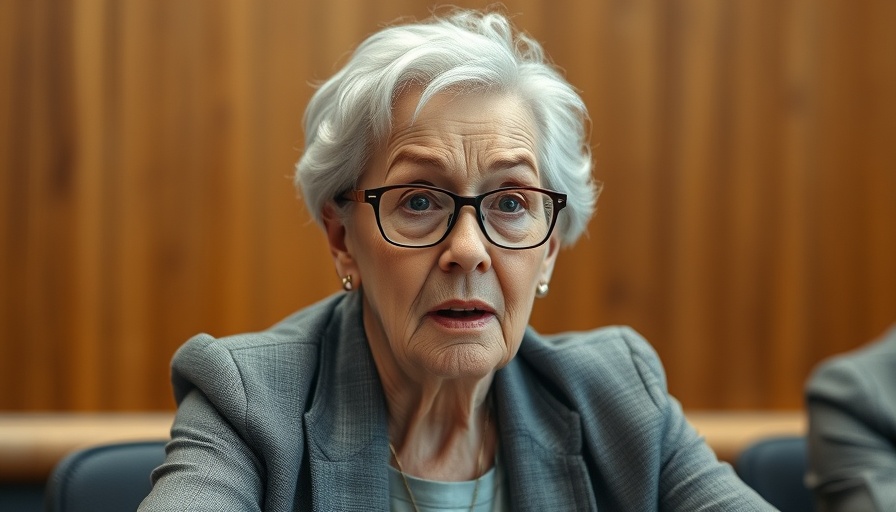
Unveiling a Potential Conflict of Interest in San Francisco
The recent revelation that San Francisco Planning Commissioner Kathrin Moore has been receiving substantial payments from the architecture firm Skidmore, Owings & Merrill (SOM) while also advancing its projects raises serious questions about potential conflicts of interest in local governance. Moore’s longstanding role in the commission, paired with her financial ties, highlights the importance of transparency in public service and how governance should prioritize the community's interests over private gains.
The Complicated Nature of Ethics in Urban Planning
Moore's situation sheds light on a broader issue faced by city officials everywhere: the complex web of financial relationships they navigate while making decisions that impact the community. According to city regulations, officials are prohibited from participating in decisions involving organizations from which they have received over $500 in the preceding year, a rule aimed at maintaining public trust. However, Moore’s financial disclosures showing annual payments between $10,000 to $100,000 since 2012 from SOM suggest that she may not have strictly adhered to these regulations.
The Implications of Moore's Actions
As an influential member of the city’s planning commission, which advises on crucial land use and development projects, Moore's dual role can be perceived as undermining public trust. Ethics expert Sean McMorris stated, “If there is anything that gives the appearance of enriching yourself, then you need to recuse yourself.” The public has a right to expect that decisions are made in their best interests and not influenced by personal financial relationships.
Calls for Transparency and Accountability
This incident highlights an urgent need for improved transparency in local governance. Citizens depend on officials who are accountable to their decisions. Moore's past accolades, including praise for her support toward SOM's projects, now cloud her role as a public servant. In a time when trust in public institutions is vital for community cohesion, public scrutiny is necessary to ensure that ethical standards uphold the integrity of urban planning affairs.
What This Means for San Francisco Residents
For residents of San Francisco, these developments are more than just bureaucratic blunders; they represent a disillusionment with the systems that guide their communities’ futures. When a city official profits from the very developments they endorse, it sends a troubling message regarding who city decisions ultimately serve.
As citizens, it’s crucial to remain informed and engaged in these discussions, advocating for policies that ensure clearer ethical boundaries for public officials. Engaging with local governance and holding representatives accountable can lead to a more transparent and trustworthy environment in city planning.
Take Action and Stay Engaged
In light of these revelations, residents are encouraged to explore ways to engage more actively with local governance. Attending city meetings, voicing concerns, and promoting discussions around transparency are vital steps in making your community’s voice heard. The future of San Francisco’s public trust can be safeguarded through community involvement and vigilance.
 Add Row
Add Row  Add
Add 




Write A Comment